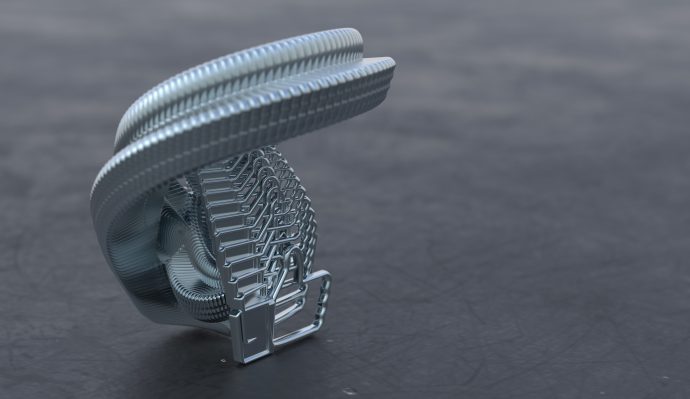Universal Like Repetitor
The philosophy of like on Facebook.
According to facebook’s like feature, you can’t unlike something unless you like it before. It is an interesting philosophy though. It makes sense in real life too. How do you know that you don’t like something unless you liked it before? In the same time, liking is state of different emotions that you associate the thing or the person with your own standards. You don’t need to like something before and unlike it later on. You can just unlike it from the start.
Nothing can be loved or hated unless it is first known.
-Leonardo Da Vinci
Da Vinci says, knowing comes first before like or unlike. Then, facebook needs “I know” button before “Like”, unless we take the post as a knowledge.
The power of like
According to Facebook’s Help Center:
“Like” is a way to give positive feedback or to connect with things you care about on Facebook. You can like content that your friends post to give them feedback or like a Page that you want to connect with on Facebook.”
How important is it to have lots of fans on Facebook? Short answer; there is no definitive number and the number of likes is FAR less important than the quality of the likes. What you see on the Timeline of any Facebook Page represents only the number of people who like the page. PERIOD.
“Like” is an example of what I would call, “virtual empathy.” We are all well aware of what it means to be empathic toward someone: having the ability to understand and share in another’s emotional state or context. How does this fit, however, when you try to do that same in a virtual environment such as through e-mail or on Facebook? How much does it matter that you are understanding and sharing someone’s emotional state when all you are able to do is to infer his or her emotional state from printed words on a screen? Is virtual empathy as good as real-world empathy in making us feel supported and cared for by our friends? And does it matter if those friends are our real (face-to-face) friends or simply people who we know online or, for some reason, have added to our Facebook friends list?

